Read
Dialogue Tools
Our culture is becoming so much about winning a debate rather than participating in a dialogue for the purpose of understanding another. To facilitate creating spaces of goodwill for dialogue, we offer a pair of tools courtesy of Susan Oberman of Common Ground Negotiation Services, New York (www.commongroundnegotiation.com/) and The Public Conversations Project of Cambridge, Massachusetts (source acknowledged).
Seasonal Reading Recommendations 2023
The Keynes Centre’s Seasoanl Reading List where we offer some suggestions of ideas books when you are taking some time off from your day job and working on your own development. Remember always that it is not the book as such, but how it is read.
Seasonal Reading Recommendations 2023
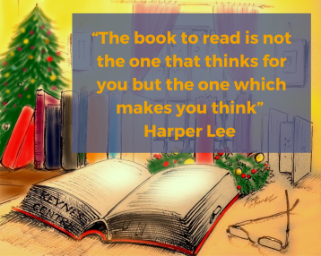
Annual Reading Recommendation List 2022
The Keynes Centre’s Annual Reading List where we recommend good non-fiction books, as there is plenty of attention given to fiction, and books that we can vouch for personally from our own reading expererience. Includes a link to the audio of the recommendation list if you prefer to listen than read.
The Keynes Centre's Annual Reading List 2022
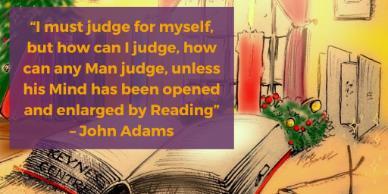
Was Peter Drucker wrong?
Drucker was one of the great thinkers about business, management, and society of the twentieth century and always emphasised that the purpose of a business was customers. What then does it say about CEOs, Top Management Teams, and Boards of Directors of companies who outsource their customers, to others pursuing their own interests?
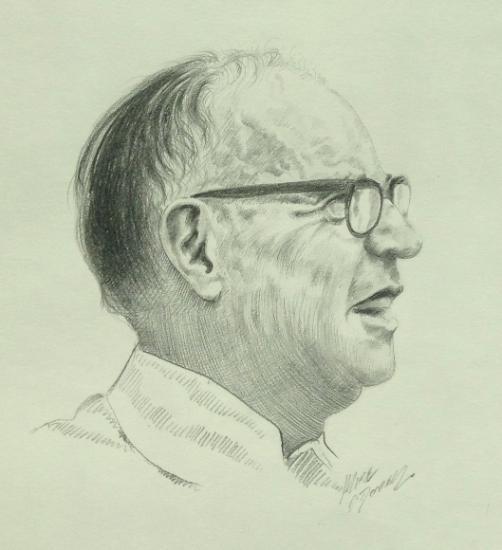
Words matter. They govern our thinking. So why do we abuse them?
Just like the word ‘Leadership’, the good word ‘heroism’ is endlessly devalued by the labelling of chefs, guitarists, comedians, footballers, and indeed anybody that takes someone’s fancy as a ‘hero’. In this article we think with Rebecca Solnit, an original thinker and a fine essayist, about a meaningful use of the word, especially in the context of the war in Ukraine.
Words Matter. So Why Do We Abuse Them

Hannah Arendt, Brian Cox, and Prince William on the Same Page about Bezos, Musk, and Branson
It is illuminating to think with Hannah Arendt about what a bunch of billionaires are up to regarding 'space tourism'. The article reflects on some of Arendt's comments in The Human Condition to help us understand the issues at stake.
Hannah Arendt Brian Cox and Prince William on the Same Page

Illusion of Explanatory Depth’ – A Common Trap in How We Think
The issue of what we confidently believe we know, but in fact do not, is a pervasive and serious one today. This is known as the ‘illusion of explanatory depth’. The study summarised here demonstrates this widespread illusion.
Illusion of Explanatory Depth’ – A Common Trap in How We Think
-278x217.jpg)
Thinking Through Metaphors
Two contrasting metaphors in action show how even simple metaphors govern thinking about complex social issues.
THINKING-THROUGH-METAPHORS-Summary.pdf

Opinion Making: Susanne Langer on Questions
We live in a time of instant opinions, yet more than ever we need open mindedness and to resist the rush to judgment and the urge to be judgmental (two different things). How can we do this? Philosopher Susanne Langer addresses how questioning influences our ‘Orientation of Mind’, an underpinning of our opinion making.
Opinion-Making-Susan-Langer-on-Questions.pdf

A Case Study: Movement from Insight
An example of an individual reaching a position of greater understanding of herself and others through reflection, and of a shift in the individual as a meaning making system.
Striking-Back-Case-Study-Movement-from-Insight-Formated-1.pdf

Mr. Trump Has Done One Good Thing for Us Already
Donald Trump has brought confusion to political discourse and legitimated the expression of any ‘opinion’, no matter how ill-founded. Perhaps, an unintended benefit of this is that we are challenged to think about how we form, hold and use opinions. We use philosopher Susan Nieman’s idea of ‘growing-up’ and columnist Peter Brooks’ propagation of modesty as possible solutions to this turbulent ‘climate of opinions’.
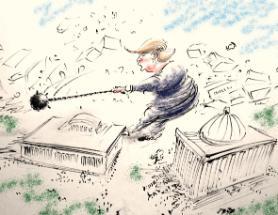
How Do We Hold to a Stock of Old Opinions?
American philosopher and psychologist William James describes the ‘observable processes’ of how people settle into new opinions and how revising opinions is a slow process that usually happens only under strong pressures for change.
William-James-Holding-on-to-Opinion.pdf

Understanding How You Solve Problems: A Method Towards Understanding Self-Meaning
Garrett Barden
Problem-solving is part of our everyday experiences. Whether the issue is big or small, we often look for ways to understand and come up with the ‘best’ solutions. But how much are we really aware of this process in which questions are asked, hypotheses are raised, and judgments are made?
“When the facts change, I change my mind. What do you do, sir?”: Instant Opinion
We use John Maynard Keynes’ caution that we must change our minds to reflect facts to think about an interview with UK’s Shadow Home Secretary Diane Abbott in which Abbott is wrongfully criticised for exercising such thoughtfulness.
Show-Me-Better-and-I-Must-Change-7.pdf

‘Show Me Better and I Must Change’: Justin Keating as Exemplar of a Growth Mind
How do I decide to continue holding my opinion about something or to let it go? Justin Keating’s ‘ethic of opinions’ can protect us from the thoughtless polarisation of opinions and their confrontational expression which are undermining the political-social conversation of so many places today.

On Forming and Holding Opinions: A Case Study
Insightful Reading: Benefits of Reading with Goodwill in a Hurried Age
What are the connections between reading and Leadership? And how should we read? We explain what it means to read with Goodwill, an (ethical) attitude for engaging in a dialogue with yourself and with authors.
Reading-with-Goodwill-Revised.pdf

How does ‘Climate of Opinion’ Guide our Thinking?
The concept of ‘climate of opinion’ helps us understand how certain beliefs dominate specific time periods and spans of history. It is important to think through contemporary climates and their doctrines for ourselves, instead of rushing to adopt ideas without giving ourselves time to make sense of them for yourself.
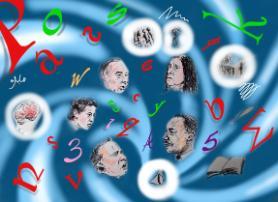
When We Don’t Listen
Critics listen to react, not to understand novelist Chimamanda Ngozi Adichie. How often does this happen in conversation everyday?
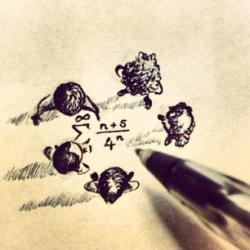
The Power of Metaphors for Communicating
Many today are looking to understand President Trump – how he thinks, how his mind works – and to convey that idea to others. We consider what would be the best metaphor for conveying this intangible of life.

A Well-Made Self by Jacques Barzun
What is a well-made self? Jacques Barzun’s powerful quote shows how we can grown our minds and how reading is a great tool to expand how we make sense of the world.
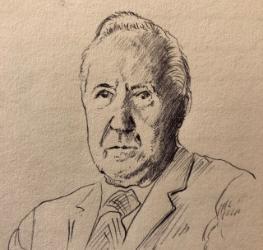
The Reflective Journal
The ‘Reflective Journal’, or ‘Learning Diary/Log’ as it is often called, is a practical tool by which the “mental place” and the “capacity to pause”, through which insight and learning occur, can be created by anyone. It promotes change in personal thinking which is at the heart of the learning experience.
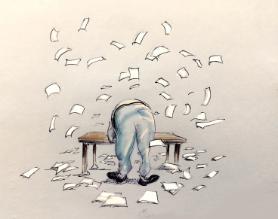
The Benefits of Journaling for Personal Professional Development and How to Do I
Journaling is a great space where learning can happen and insight may occur. Increasingly, people are discovering the value of journaling for Personal Professional Development. We look at the benefits of this practice and also provide a guide to the journaling process.
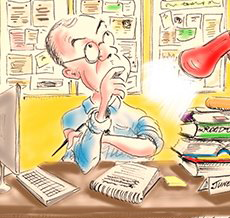
Hannah Arendt and How to Think about the Unprecedented (Brexit and Trump)
We look at Hannah Arendt’s writing to formulate some guidance on how we can think about this decade’s unprecedented political events. Namely, the candidacy, campaign and election of Donald Trump as forty-fifth president of the United States of America that challenged the ways many people, including experienced political reporters and commentators, made sense of this new political phenomenon.
-247x249.jpg)
What Ideas Can Keynes Give to our Political Leaders?
Keynes was always committed to bettering this world for all people in all he did and expressed his ideas for a good society in many places throughout his life. We look at some of the ideas of Keynes’ that contemporary politicians and people in leadership positions would do well to contemplate.
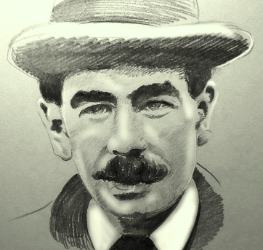
Mind versus Behavior: Why do New Year Resolutions Fail to Deliver Change?
Usually New Year Resolutions do not last (only eight percent of resolvers will actually follow through on their resolutions successfully) and, unfortunately, as a result of the ‘failure’ people frequently feel bad about themselves and often judge themselves harshly as, for example, lacking in ‘willpower’. We turn to Barbara Rapaport to answer why this is.

Some Thoughts on Netflix’s ‘Making a Murderer’ and Documentary ‘Truth’
Laura Aguiar
We discuss the “fly-on-the-wall” documentary series that has been considered by Forbes Magazine as “Netflix’s Most Significant Show Ever”. We see Making a Murderer as challenging the commonly-held view of what documentaries, and journalism are about or should be about: seeking the truth.
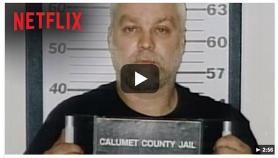
HSE: An Organisation Without a Conscience
Careless phrases that indicate that organisations are like people have implications for the lack of responsibility taken by individuals within organizations, especially when it is individuals who make mistakes.

Lessons Still to be Learnt – Politicians Still Need to Learn Basics of ‘Strategy to Structure’
Two lessons are to be learnt from the failed attempt of setting up Irish Water, and how this failure relates to the rule of ‘the how’ always following ‘the what’.
lessons-still-top-be-learnt.pdf
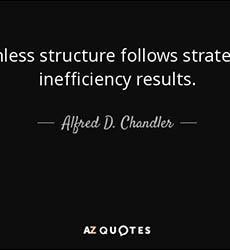
Reality Check on Trump – Why Laughing is the Wrong Reaction, Either Way
An extract from The Hannah Arendt Centre’s Newsletter on how media organizations “help lower our perception of the stakes” when we call Donald Trump a fascist and laugh at him.

Words Matter, They Govern Our Thinking
A short discussion of some of the language Irish politicians use about their election and how this language matters.
words-matter-they-gorvern-our-thinking.pdf

What We See in the World Depends on How We Think
A good example of the importance of How We Think rather than What We Think and what universities could learn from medieval artists.

David Bohm on Dialogue
David Kirwan
David Bohm wrote extensively on using dialogue as a tool for exploring shared meaning. In On Dialogue (2004), Bohm sets out his theory of dialogue and provides a technique to make object those theories that are embedded in ourselves so that we can better develop our own mode of thinking.
David-Bohm-on-Dialogue-New.pdf
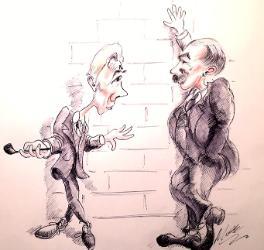
Avoiding Technology Obfuscation by ‘Managing Oneself’: From Collaborative Storytelling to Drucker’s Insights.
Laura Aguiar
As the world grows in complexity in the Digital Age, transforming how we think about relationships is key to sustaining society and organisations. What can a collaborative film project teach us about key issues in management such as power, values, structure and responsibilities?
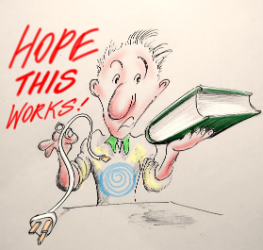
Reclaiming Conversation for Thinking
Laura Aguiar
We recount our insights from attending the 7th Global Drucker Forum in Vienna in 2015 which included discussions on how we think about our relationship with technology as well as our relationship with each other. These issues bring to our minds the wise words of Hannah Arendt on ‘going visiting’.
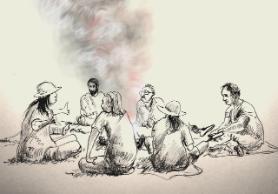
Catching an Author’s Vision: Joseph Schumpeter and John Maynard Keynes
Why do we find a particular reading or author difficult? William James’s concept of ‘vision’ provides a useful tool for catching the sense of where the author is working from and where the author is bringing us. Joseph Schumpeter powerfully and famously used this to convey John Maynard Keynes’s achievement.
Catching-an-Authors-Vision-SchumpeterKeynes.pdf






